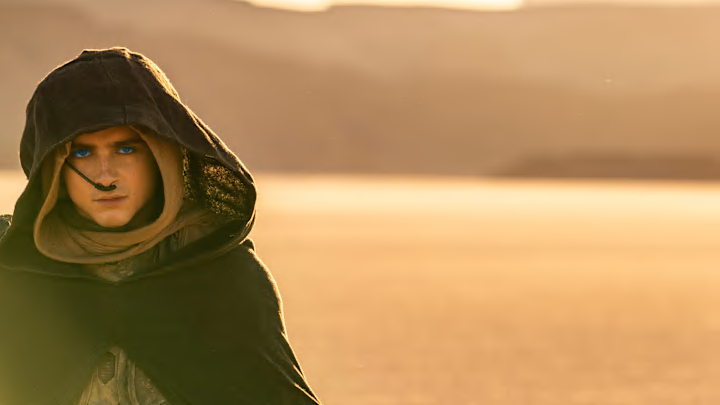2. Dune Messiah (1969)

Dune Messiah is the second book in Frank Herbert's epic sci-fi saga. It is a direct continuation of Paul Atreides' story from Dune; he now rules over the galaxy as the emperor and the messiah of the Fremen. However, his reign is not without challenges, as he faces enemies from within and without who seek to undermine his power and destroy his vision.
One of the most intriguing aspects of Dune Messiah is the introduction of fascinating characters like Scytale, Edric, Bijaz, and Hayt, who are part of a conspiracy against Paul and his empire. They belong to different factions like the Bene Gesserit, the Bene Tleilax, the Spacing Guild, and the Ixians. They use various methods of manipulation, deception, seduction, and assassination to try to break Paul's will and force him to surrender his throne.
The book is darker and more complex than Dune, but also more poignant and profound. It explores themes such as destiny, free will, sacrifice, love, loyalty, betrayal, and transcendence. It also delves deeper into the metaphysical aspects of Paul's prescience, his ability to see into the future and alter it. Paul is constantly tormented by the visions of a terrible future that he wants to avoid, but also feels compelled to follow. He is trapped in a paradox of his own making, as he realizes that his actions have consequences that he cannot control.
One of my favourite moments in the book is when Paul confronts Scytale, the Tleilaxu Face Dancer who has been posing as one of his trusted advisers. Scytale reveals that he has a secret weapon that can destroy Paul: a ghola of Duncan Idaho, Paul's loyal friend who died in Dune. The ghola has been conditioned to kill Paul on a trigger word, but also has latent memories of his original self. Scytale offers Paul a deal: he will give him the ghola and restore his memories if Paul agrees to abdicate and let Scytale take his place. Paul refuses, but is intrigued by the ghola and decides to keep him as Hayt, his new bodyguard.
One of my favourite lines from the book is when Paul says to Hayt: "I am not a man bound by rules. I am a man bound by consequences."
This sums up Paul's dilemma perfectly: he is not bound by any external laws or codes, but by his own internal vision and responsibility. He knows that whatever he does, he will have to face the outcome, good or bad. He cannot escape from his fate, but he can choose how to face it.
